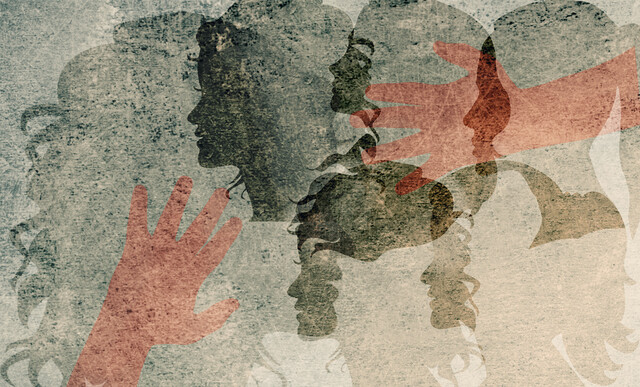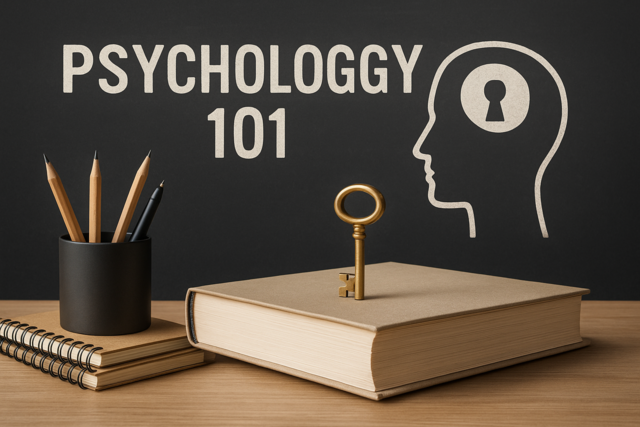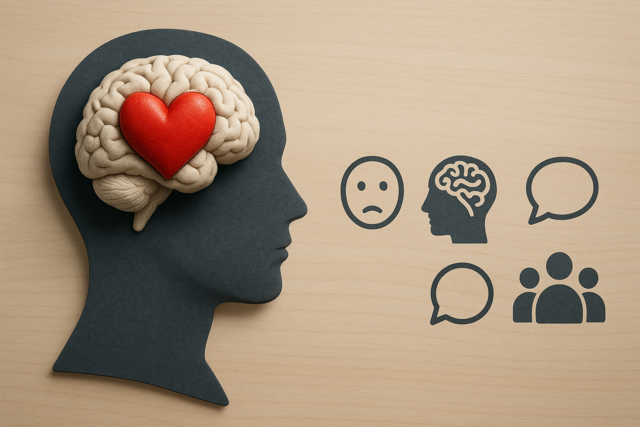Child Abuse Recognition, Investigation, and Protection
Empower to Protect: Uncover, Understand, Uphold

12 Hours average completion time
1.2 CEUs
20 Lessons
21 Exams & Assignments
12 Discussions
20 Videos
21 Reference Files
204 Articles
Mobile Friendly
Last Updated January 2026
Course Overview: Child Abuse Investigation & Prevention
In a world that is advancing rapidly, one of the most unfortunate yet pressing issues is the prevalence of child abuse. It is not just the responsibility of a select few but rather a collective duty of society to ensure the safety and well-being of its youngest members. Bringing awareness, education, and actionable measures to address this menace is crucial.
Course Description:
Dive deep into the complex and challenging arena of child abuse and its various facets, from identification to intervention. This course provides a comprehensive insight into the myriad forms of child maltreatment, ranging from neglect to physical and sexual abuse. Not limited to just identifying the problem, this course underscores the importance of proactive prevention and the role each individual can play in safeguarding a child's well-being.
With the distressing statistic that [current child abuse statistics], the need for educated professionals and aware citizens is paramount. This course addresses that gap, equipping learners with the skills to recognize, report, and ultimately prevent instances of child abuse.
The curriculum delves into the psychology of abusers, providing a detailed profile to assist in early identification. By understanding the tell-tale signs of abuse, individuals are better placed to intervene and prevent further harm.
Legal aspects surrounding child abuse are intricate. A strong emphasis is laid on understanding the legal obligations of different professionals, especially in terms of reporting abuse. Law enforcement's role in these cases is dissected, from initiating investigations to ensuring evidence holds up in court. Special sessions focus on best practices for interviewing young victims, confronting suspects, and ensuring the child's overall safety.
Furthermore, the course sheds light on specific conditions, like Munchausen Syndrome by Proxy, that often go unnoticed due to their complex nature. Case studies are presented, allowing learners to apply their knowledge in real-life scenarios, thereby solidifying their understanding.
Highlights:
-
Defining Abuse: Understand the broader spectrum of what constitutes abuse and neglect.
-
Spotting the Signs: From physical marks to behavioral changes, become adept at recognizing the indicators of maltreatment.
-
Legal Boundaries: Grasp the legal responsibilities, particularly those of professionals, in reporting abuse.
-
Investigative Techniques: Dive into the methodologies employed by law enforcement during child abuse investigations.
-
Protection and Prevention: While intervention is vital, the ultimate goal is to foster environments where children are safe and nurtured.
Course Modules:
-
Lesson 1: Introduction to Child Abuse Investigation: Setting the stage for the course and establishing its importance.
-
Lesson 2-3: Profiling abusers and defining the spectrum of abuse.
-
Lesson 4-5: Recognizing and assessing signs of abuse.
-
Lesson 6: A deep dive into conditions like Munchausen Syndrome by Proxy.
-
Lesson 7-9: Understanding the legal landscape, from mandatory reporting to law enforcement procedures.
-
Lesson 10-13: Investigative processes, from crime scene analysis to confronting suspects.
-
Lesson 14-15: Special focus on crime scene investigations and the tragic outcomes of severe abuse.
-
Lesson 16-17: The role of educators in child protection and best practices for interviewing parents.
-
Lesson 18-19: Legal procedures in sexual abuse and physical abuse/homicide cases.
-
Lesson 20: Ensuring long-term safety and protection for children post-investigation.
Why Enroll?
This course is a blend of theoretical knowledge and practical skills, making it invaluable for professionals and general public alike. Whether you're a law enforcement officer, educator, healthcare professional, or a concerned citizen, this course empowers you to make a tangible difference in the life of a vulnerable child.
Join us in our mission to create safer communities for our children. Equip yourself with the knowledge and tools to not only spot but to stop child abuse in its tracks.
- Implement forensic techniques in investigations
- Report and prevent child abuse effectively
- Understand legal obligations of reporting abuse
- Conduct sensitive and effective child interviews
- Promote safe environments for children
- Recognize signs of child maltreatment
- Navigate complex child abuse legal proceedings
- Analyze child abuse case evidence critically
- Craft strategic abuse prevention plans
- Identify psychological profiles of abusers
- Understand Munchausen Syndrome by Proxy dynamics
-

Mastering Conversation Skills
-

Confidence Building
-

Healthy Relationships
-

Positive Parenting Techniques
-

Depression Management
-

Understanding Addictions
-

Early Childhood Development
-

Psychology 101
-

Understanding Learning Styles
-

Critical Thinking Skills
-

Workplace Drug Use - An HR Guide
-

Workplace Sexual Harassment in the #MeToo Era
-

Emotional Intelligence
-

Introduction to Counseling Psychology
-

Sociology 101
-

Stress Management
-

Innovative Thinking Skills
-

Meditation Mastery: Learn How to Meditate
-

Introduction to Child Psychology
-

Conflict Resolution
-

Creative Thinking Skills
-

Home Safety
-

Child Safety for Parents
-

Domestic Violence Awareness
-

Contract Law 101 - An Introduction
